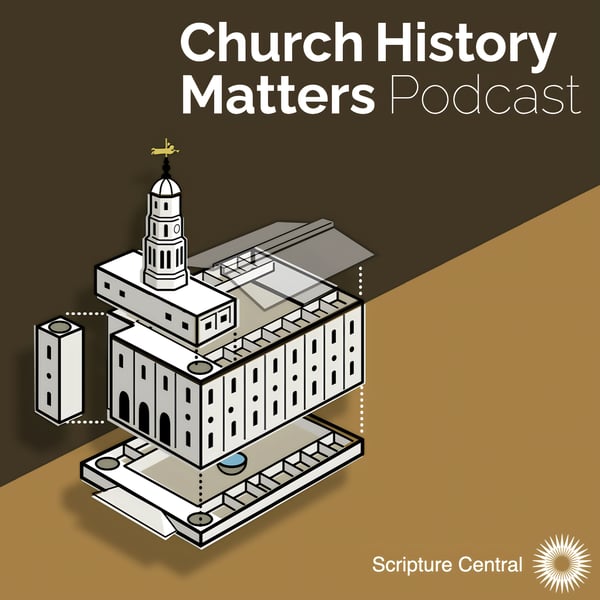012 Why Did Plural Marriage Begin in the Church?
Church History Matters
Scripture Central
4.9 • 1.3K Ratings
🗓️ 23 May 2023
⏱️ 42 minutes
🧾️ Download transcript
Summary
Transcript
Click on a timestamp to play from that location
| 0:00.0 | Plural marriage, a form of religious polygamy or polygy to be technical is one of the most controversial and faith challenging |
| 0:15.1 | aspects of the history of the Church of Jesus Christ of Latter-day Saints. |
| 0:19.4 | It was difficult when it was first introduced in the early church, and, although it was discontinued over 130 years ago, |
| 0:27.8 | it is still a difficult issue to reckon with for many, both within and outside of the church. So why was it introduced |
| 0:36.2 | into the church in the first place? When did Joseph Smith first learn that this |
| 0:40.3 | practice would be restored? Why did he delay practicing it? |
| 0:44.5 | How did he and others who were asked to live it initially respond? |
| 0:48.6 | And what were the four theological reasons given by the Lord in the doctrine and covenants to justify the practice of |
| 0:55.2 | plural marriage. On today's episode of Church History Matters, we explore the best |
| 1:00.3 | sources to answer these and related questions. And while we realize that learning |
| 1:05.8 | the answers to these questions may not fully remove ones wrestle with this issue, we believe |
| 1:11.2 | it can sure help. I'm Scott Woodward, a managing director at |
| 1:15.4 | scripture central and my co-host is Casey Griffiths, also a managing director at |
| 1:20.0 | scripture central. And today Casey and I dive into our first episode in this |
| 1:24.4 | series dealing with plural marriage. Now let's get into it. Well, welcome everybody. I'm Casey Griffiths. |
| 1:42.8 | And I'm Scott Woodward. |
| 1:44.0 | This is a series of discussions we're having about some special issues in church history. |
| 1:49.0 | And today we're starting one of the most controversial issues in the history of the church that is |
| 1:53.9 | plural marriage yeah and so Scott why don't you start us off a little bit about |
| 1:58.7 | plural marriage and why this seems to be something that comes up a lot why it can be difficult for some people. |
| 2:04.0 | Yeah, well, you know, I found that it's kind of a hard topic to discuss because I feel like we're |
| 2:10.8 | kind of uncomfortable with our polygamous past, you know what I mean? |
... |
Please login to see the full transcript.
Disclaimer: The podcast and artwork embedded on this page are from Scripture Central, and are the property of its owner and not affiliated with or endorsed by Tapesearch.
Generated transcripts are the property of Scripture Central and are distributed freely under the Fair Use doctrine. Transcripts generated by Tapesearch are not guaranteed to be accurate.
Copyright © Tapesearch 2025.

